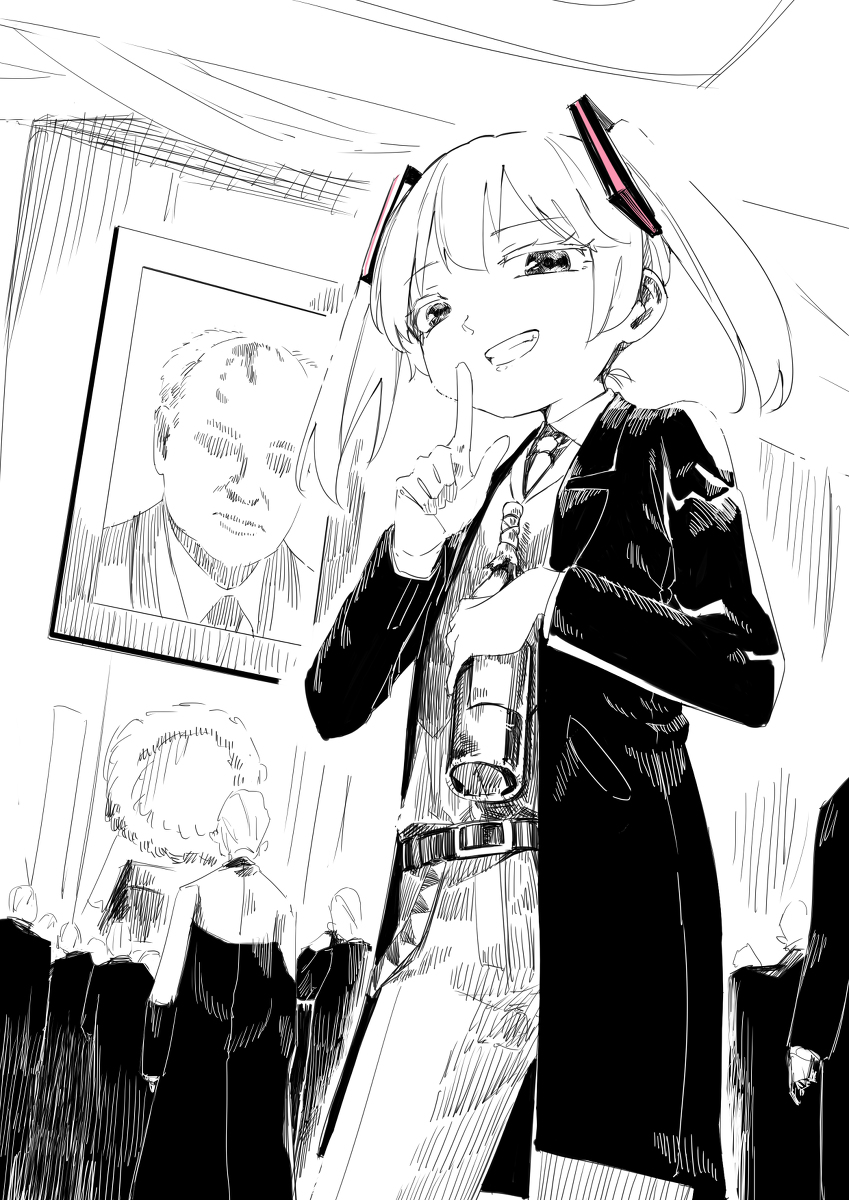Aside from the proverbial legal use of "linux ISOs", file sharing software is best known for the facilitation of digital piracy. I'm not gonna lie, as a third world person who grew up in the days of dial-up internet, before YouTube and legal music streaming were even concepts, my cultural horizons would have been much more narrow without P2P software growing up. Radio stations only played (and still play) whatever was popular at that moment, in that place; CDs were expensive, and stores didn't allow you to preview music before purchase other than a few high-charting albums; my family was poor and we were unable to afford video games, and so on.
Piracy via P2P software allowed me to get my hands on a vast amount of music, games, software and movies that I wouldn't have even known about without it. It shaped my life beyond belief, and that's just my personal experience with it. Legal streaming services wouldn't have appeared if the traditional business models of the entertainment industries hadn't collapsed due to P2P piracy. My cultural enrichment experience was certainly not the only one in the world, and there are quite a few popular musicians out there who credit music piracy for introducing them to tons of music they wouldn't have found otherwise.
That said, from a workers-centric Marxist perspective, the collapse of the music industry in particular only worsened material conditions for every musician and band that wasn't a superstar already, as they were no longer able to make a living off selling albums, since sales plummeted directly as a result of P2P file sharing becoming so popular. While the immediate adaptation of the music industry in the early 2000s (iTunes) did try to get on with the times and offer the purchase of individual songs for 99 cents and albums for $9.99 from the comfort of your computer, it did not end piracy, and only the arrival of the streaming model managed to do that.
The streaming model, however, has devalued music more than ever before in history:
On the other hand, listeners love the fact that for only $10 a month they can instantly enjoy all the music they can listen to, legally. But aside from the streaming services themselves, only huge artists benefit from this deal. All in all, this represents an absolute worsening of material conditions for the vast majority of artists.
There's this essay here that explains the reasons way better than I can (tl;dr it's the capitalists' fault, both the streaming services and big record labels): https://medium.com/@michaelcbrook/this-is-why-spotify-pays-so-little-how-to-fix-it-1e0c0e1ef860
Now, my questions are: did this devaluing of music really begin with P2P file sharing, and did it directly lead to today's terrible conditions for artists, or is it only capitalism's fault for "locking in" that devaluation by offering unlimited music to customers for the price of a single album a month with a model that benefits the biggest labels over the actual artists? (my personal opinion is that this could be overcome with a different royalty model, as the one proposed with services such as resonate.coop)
But most importantly:
-
Has the revolutionary potential for P2P file sharing been exhausted as of 2022?
-
Is piracy still revolutionary? Was it ever?
-
What is revolutionary software now?
I know I'm focusing on music in this post, since as a musician, that's the field I have the most first-hand experience on, but I'd like to know if the P2P file sharing phenomenon had a similar effect on other industries. Let me know guys if you have any experience on that.

That's interesting. The fact that capitalist developers are still building using the commieblock urban format nowadays proves how practical and functional it is.